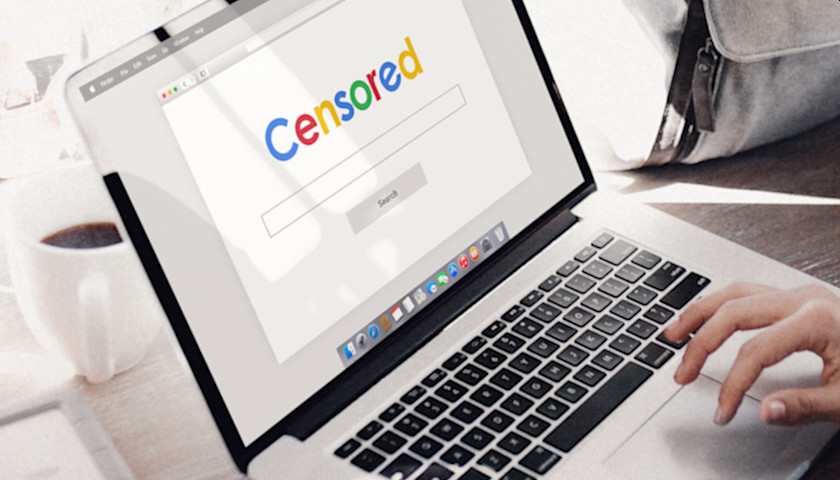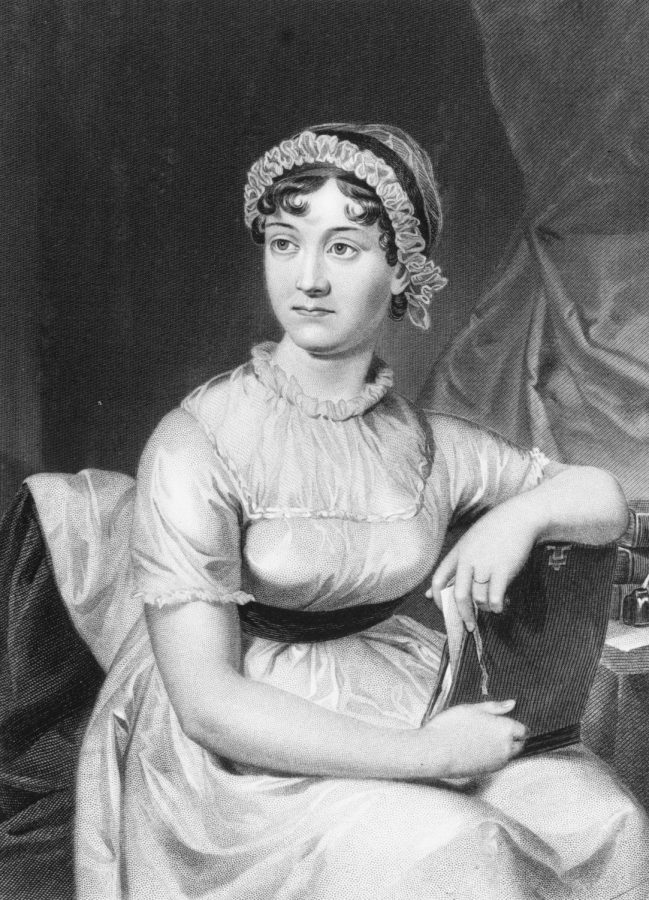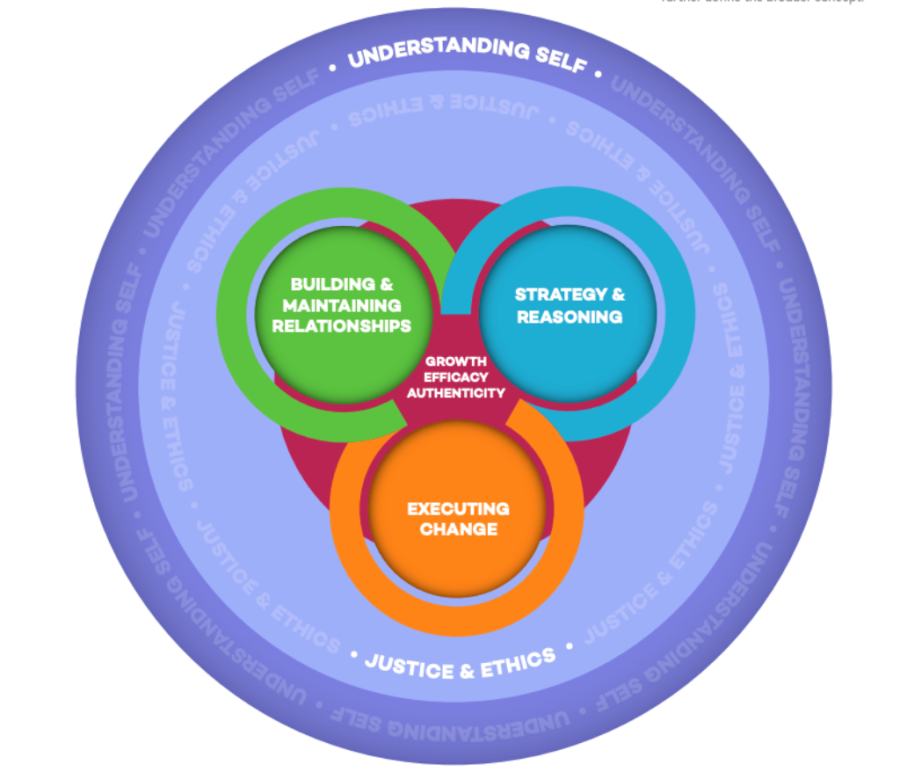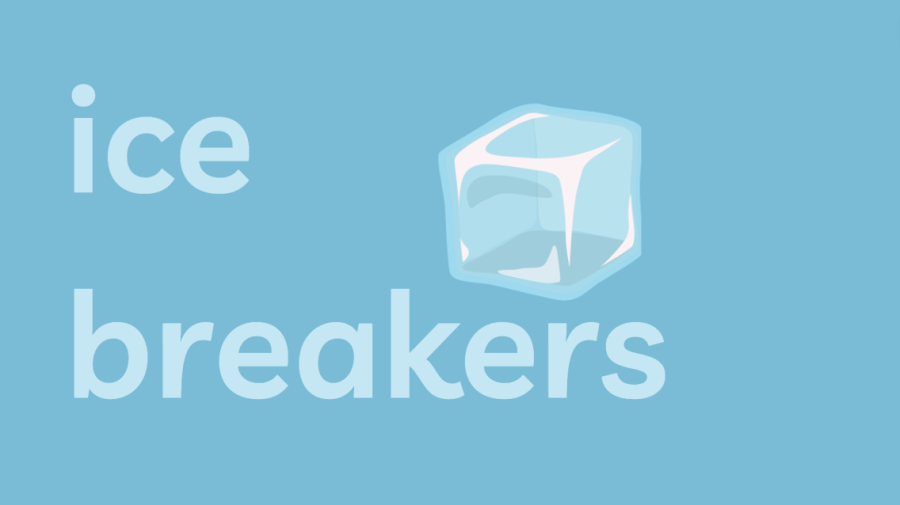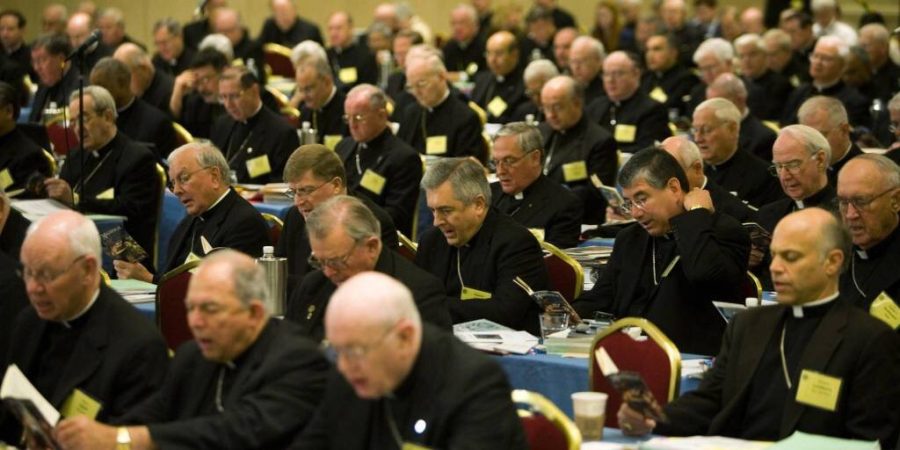On December 3, a YouTube channel called Freedomtoons released a cartoon sketch titled “How Democrats Think Election Fraud Ended.” The cartoon portrays Vladimir Putin as accidentally sleeping in on November 3, foiling his own plan to wake up early and interfere with the US election. The cartoon was immediately tagged with a notice from YouTube that “robust safeguards help to ensure the integrity of election results.” Apparently, this Freedomtoons sketch was big enough of a threat to our democracy that it deserved a warning tag, just in case random people might view an online cartoon and be moved to plot a revolt. The cartoon simply pokes fun at the fact that many Democrats insisted that it was Russian hacking that got Trump elected president down to the bitter end of his term, and compares that attitude with their current majority opinion that election fraud could never have happened to get Biden elected. Why did it get flagged with a notice, then? YouTube has an algorithm that tags every video referencing the 2020 election with a disclaimer.
YouTube and Twitter and all the other tech giants are cracking down on election discourse because some people think there may have been election fraud and want to investigate it. Most notable of these is Mike Lindell, the MyPillow guy. Lindell released a documentary called Absolute Proof, which interviewed a series of people that listed their reasons for suspecting the election, such as a woman who observed machine irregularities on election night and was told not to question it. Lindell got kicked off of Twitter for his ideas, not because he was spreading lies, but because technocrats are afraid of the ideas being true.
It raises an interesting question, the way Twitter shadowbans or suspends accounts that they dislike, under the guise of spreading false information. Should they be allowed to do that? Twitter is granted protection by Section 230 of the Communications Decency Act. Section 230 saves companies from legal trouble if they are platforms, not publishers. While publishers carry responsibility for their content, platforms are not responsible for what their platform is used for, in the case of social media sites, what gets posted on them. Twitter, by deciding what is fit for posting and what is not, is not acting as a platform. It is acting as a publisher. Justice Clarence Thomas recently wrote an article on this dilemma. Looking at his opinion and the general situation, it is clear that something must change. Either Twitter and the other tech giants must lose their Section 230 protection, or stop trying to control the spread of information.
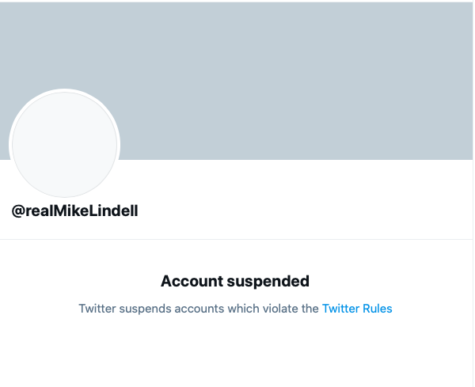
There is also a marked inconsistency in the way Twitter treated the 2016 election versus the 2020 election conversation. We are all old enough to remember how much the media trusted the election results four years ago. An ABC article titled “Inside the Russian Hacking Scandal and Trump’s Election” was published in December of 2016, promoting the idea that Trump colluded with Russia in various ways targeted specifically at manipulating the election and getting Trump into office. Then there was a CNN article called “Russian Hacking and the 2016 Election: What You Need to Know”, released around the same time about the same subject. “How Close Did Russia Really Come to Hacking the 2016 Election” from Politico, went even further in suggesting direct Russian manipulation of votes, with an anecdote from a voting site very similar to the anecdotes appearing in Mike Lindell’s documentary. Was that narrative ever conclusively proven to have changed the election? No. That’s why the Russia collusion narrative simply sank into obscurity. One could think that if Jack Dorsey and the technocrats had better short-term memory, maybe they would think back to all the disinformation that circled around the internet in 2016 and regret their inaction to stop its spread. Or maybe they remember perfectly clearly. Maybe their goal isn’t to protect the truth, but to establish a monopoly on it.

